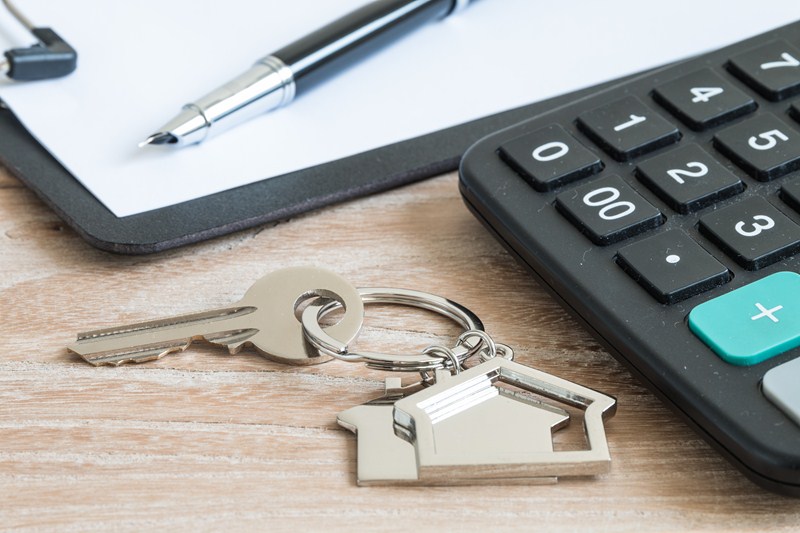There are special rules for the provision of living accommodation to employees under certain circumstances. In most cases, employees will pay tax on any living accommodation provided by an employer unless they qualify for an exception. However, where an employee qualifies for an exception, there is no tax to pay on the provision of living accommodation. The definition of living accommodation includes houses, flats, houseboats, holiday homes and apartments. It does not include hotel rooms or board and lodgings.
An exception for living accommodation will usually apply in cases where:
- the accommodation is necessary for an employee to do their job properly;
- it’s customary to have living accommodation with the job and it means the employee can perform their job better; and
- the employee faces a special threat to their security because of their job, and the living accommodation is in place to help protect them.
HMRC publishes a list of some of the main occupations that typically provide living accommodation. This includes agricultural workers living on farms or estates, pub and off-license managers living on premises, police officers and prison governors.
Employees provided with living accommodation can also be provided with other related benefits such as:
- heating and lighting the accommodation;
- the repair, maintenance and decoration of the interior;
- the cost of servants, gardeners etc; and
- provision of furniture, domestic appliances and other equipment.


Recent Comments